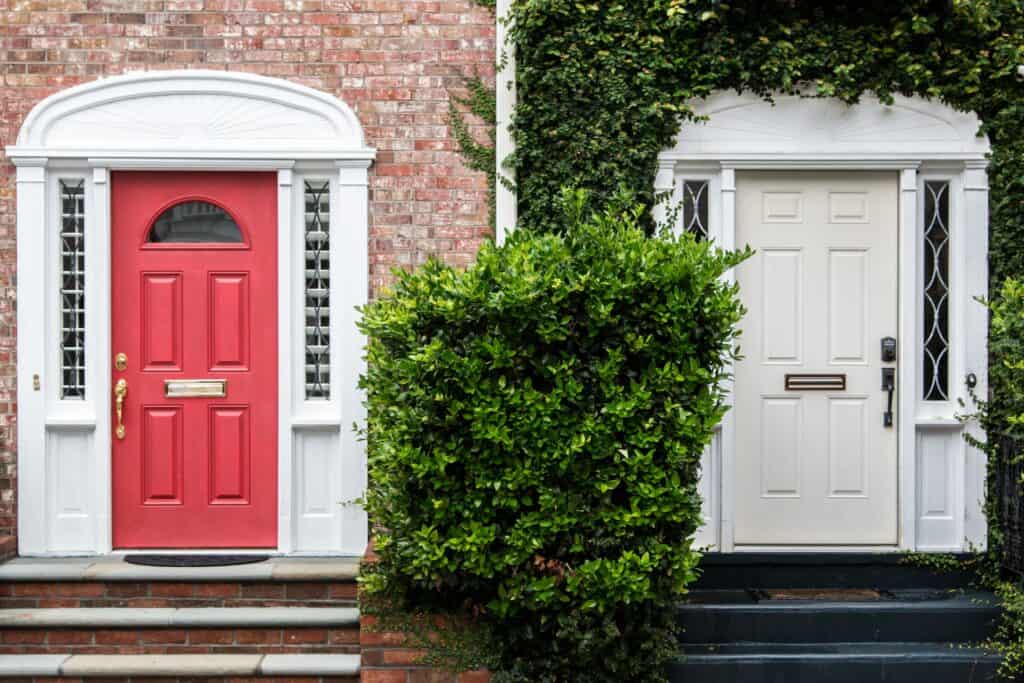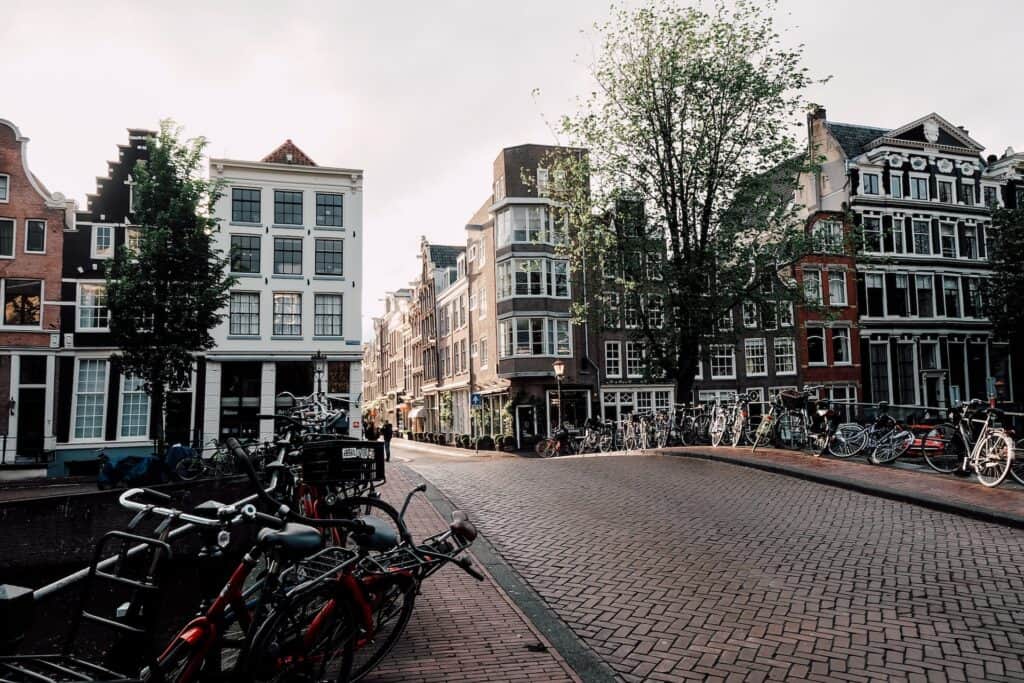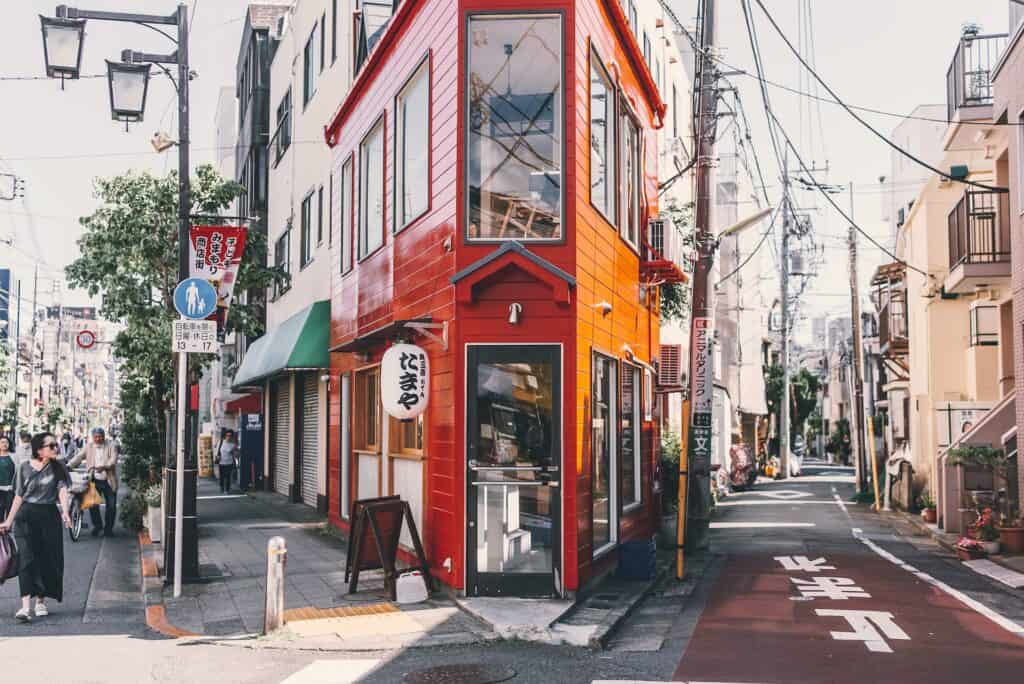
“The Airbnb Effect”. It’s what people are accusing Airbnb and short-term rentals of creating.
From soaring rent prices to the gentrification of cities to a massive housing shortage around the world, more and more problems are being attributed to us. That’s right, us Airbnb hosts. We’re supposed to be overhauling neighborhood characters and aggravating the housing crisis in different parts of the world.
Is that a fair statement?
Now, as hosts, it’s important for us to understand these issues because Airbnb renting is what we do. And as jurisdictions around the world try to restrict our business more and more, public perception of our industry can and will affect the kind of regulations that will be enacted.
In short, we need to know up to what degree we’re contributing to the housing shortage.
How short is America, really, on housing? According to different estimates, we’re lacking 1.5 million and 5 million homes right now.
And what’s causing the shortage?
Experts agree that the primary reason is we simply didn’t build enough houses in the last few decades.
The housing market crash during the Great Recession also pulled back construction for many years.
And while Airbnbs may be contributing to the current shortage, there are a host of other factors that created this massive problem.
Here are a few of them, in no particular order:
One is the population density in urban areas. Most people live in the city, for obvious reasons. That’s where the jobs, universities, hospitals, and all the services and infrastructure are.
But the problem is, land in the city is limited. Not only is it expensive, it’s also finite. And often, space is already very tight.
Various sectors are competing for its use: industrial, residential, commercial, transportation, and recreational, among others.
You can’t add land to a city, and you can’t add as many houses as you want. Most areas have already been zoned and restricted for a particular use.
So you end up with people not being able to live wherever they want. It’s not that they cannot live somewhere within a city; it’s that they can’t live in the exact building, street, or neighborhood that they want.
Land, especially developed land, is a scarce commodity. It isn’t unlimited.
Another is construction costs. It’s very expensive to build homes these days.
And the COVID-19 shutdowns didn’t help, either. It caused supply chain and labor issues. Builders couldn’t get the materials they needed on time, and construction projects almost ground to a halt.
A contributing factor related to the above is developers’ tendency to build luxury rather than affordable housing.
Most new residential development is being made for the upscale market. Things like high-end townhomes and condos. And it’s simply because that’s where the money is.
So, obviously, developers and investors aren’t putting their money into cost-efficient housing. Because there’s no incentive for them to do so if they’re able to make so much more off of higher-end properties.
It’s interesting to note that most of the effects Airbnb has on the rental market are felt by folks from high-income, educated white neighborhoods. That’s according to a Harvard study. What that means is that our business is impacting mostly the high-end sector of society, not those truly needing affordable housing.
And here’s one more reason – and it’s a big one. More and more people are living alone in their homes. Married couples are separating and getting divorced. Young adults leave home as soon as they can. And fewer singles are getting married.
At the same time, there’s still population growth.
So we’re growing in numbers, but because families are breaking apart, we end up spreading out and needing more and more houses.
Maybe it’s our Western culture. Do you see big families here living together as they do in the East? Hardly. You won’t find many households consisting of three generations like you would in other parts of the world.
The potential to make good money on short-term renting is no secret. That’s why Airbnb has been growing exponentially since launching in 2008.
In the past few years, the number of active short-term rentals in cities has increased to 56.6% since 2019.
In 2020 alone, sales of vacation homes in the U.S. surged by 44% over the previous year.
Regular folks with savings or stimulus checks bought apartments and vacation homes to rent out. In many parts of the world, wealthy people with second homes listed their properties on STR platforms. And many long-term landlords shifted to short-term.
As you can expect, this contributed to a massive shortage in long-term housing, pushing up rent prices in many major cities.
For example, between 2021 and 2022, the average rent across the U.S. rose by 15%. Some cities were hit harder than others. The rent has gone up by more than 30% in Seattle, Cincinnati, and Austin. New York, Los Angeles, and Nashville saw even higher increases.
For renters who don’t have enough money to cover the spike, there aren’t many options.
So what’s happening is, people looking for housing now have to compete with not just other potential tenants, but also with STR investors. And these professional investors have deeper pockets because they can make more money each month.
In the past several years, big-time investors have snapped up as many properties as they could to make money off of the craze.
According to the watchdog group Inside Airbnb, real estate investment firms have contributed dramatically to the growth of Airbnb. Studies have found that one-quarter of hosts on Airbnb own nearly two-thirds of the listings on the platform.
And the Harvard Business Review has reported that when Airbnb listings in a city increase, so do rent prices.
According to Granicus, a company that provides cloud-based support for public sector organizations, the short-term rental industry grew 800% from 2011 to 2016.
Quoting a paper published by the National Bureau of Economic Research and UCLA, it said a 10% increase in Airbnb listings leads to a 0.42% increase in rents and a 0.076% rise in house prices.
And given those stats, the actual 800% increase in STR listings those 5 years would be responsible for a 33.6% rent increase over that period! And for comparison, the median household income in the U.S. grew only 18.0% between 2011 and 2016.
Imagine that!
And what concerns many is seeing hundreds of homes sitting empty at certain times of the year because of foreign ownership of Airbnbs. Meanwhile, locals and newcomers from out of state can’t get any place to stay.
So housing experts agree that cities with a lot of non-owner-occupied Airbnbs are the ones that should be watched closely.
Famous cities seem to be impacted the most.
Studies on the so-called “Airbnb effect” show that over-tourism in big cities like Amsterdam, Barcelona, Edinburgh, and Los Angeles is not only bad for house prices, but also for the communities hosting STRs. It’s because platforms like Airbnb make it easier for people to rent out their homes to tourists.
In Barcelona, where the government stopped issuing new Airbnb licenses in 2014, local residents would complain of tenant expulsions, harassment, and daily nuisances and disruptions caused by illegal STRs.
Over-tourism is also causing folks in Edinburgh, Venice and Hawaii to complain about loud parties, parking congestion, loss of neighborhood cohesion, and losing that small, “old town” feel.
The gentrification, for sure, is changing many neighborhoods’ local character. As more and more tourists visit and wealthy people move in, new businesses are created. The kinds of businesses that cater mostly to tourists and the upscale market.
In Amsterdam, for example, bike rental companies are replacing small grocery shops where neighbors used to connect.
Long-time residents, faced with soaring rent prices, are priced out of the housing market. Families with children are forced to move out since they can’t afford to stay anymore.
Could this contribute to a further gap between the rich and the poor? That’s what one study found. Airbnbs are making it harder for ordinary folk to live in certain places.
Gentrification helps revitalize neighborhoods, yes. And they do improve the physical appearance of a town. But it also displaces hundreds, if not thousands, of less privileged members of that town.

It’s obvious that Airbnb brings economic gain to the localities it operates in. STRs provide additional income for residents while increasing room inventory and variety for visitors.
Airbnb says about three-fourths of its listings are not in touristy areas, and 42% of guest spending is done within the neighborhoods that guests visit. That means money is going to communities not typically served by hotels.
According to Alltherooms.com, Airbnbs generated gross revenue of $48.9 billion worldwide in 2021.
Here in the U.S, it made $4.2 billion that year.
Tipalti, an accounting software company, says Airbnb hosts earn an average of $13,800 each year, worldwide. The top 3 countries making the most money on Airbnb are the U.S. (averaging $44K per year), Australia ($27.9K), and the U.K. ($22.1K).
That’s how much money is being pumped into local economies where Airbnbs operate.
And countless residents and businesses stand to gain: local shop owners, restaurants, bars, attractions, and service providers.
On the government’s side, local counties, cities, and states receive income from transient occupancy taxes that guests pay.
But because of the so-called Airbnb effect, many local governments around the world attempt to keep STRs in check.
The jurisdictions that have been most impacted usually do the following: limit the number of guests, nights, durations, portions, or the number of properties that can be rented out.
Most require licenses, information provision, and certain safety precautions. Others want the STR properties to be the primary home of the the owner. Still others take a laissez-faire approach, allowing Airbnbs to operate so they can collect taxes and enjoy the economic gains.
It all depends on the local government. But here’s what big cities around the world have done.

What these policies do is merely walk the line between the conflicting interests of different stakeholders: hosts, guests, the local community, Airbnb and similar booking platforms, and even the hotel industry.
Such attempts may be insufficient or too much, depending on where you’re coming from. One restriction could be a bane for one sector, but a boon to another.
As you can see, it’s difficult to strike a balance between renters’ affordable housing concerns and hosts’ income source needs. Between the “hotelization” of small neighborhoods and keeping them quiet and quaint. And between a community’s economic gains and its potential losses.
Read also: Hotels vs. Airbnb: How the Hotel Industry Tried but Can Never Destroy Short-term Rentals
The “Airbnb effect”.
What can be done with an industry that’s grown – and continues to grow – faster than communities want? And than governments can cope with?
Given the housing shortage in many places, it’s fair to say that Airbnb shouldn’t be allowed to run wild and eat up what little remaining long-term housing there is.
But it shouldn’t be too heavily restricted or outright banned, either, because it does bring good income to both citizens and local governments.
There are many ways to restrain short-term renting, and the methods have to be decided by each town or city.
And that’s just the short-term approach. The longer-term one would be to find ways to build more houses, limit density in cities, and encourage more development outside of tight urban areas.
Ultimately, we all want a healthy mix of everything: affordable housing, short-term rentals, and nice, quiet neighborhoods. And even hotels.
Ready to learn how we built and operate a $2M/year short-term rental business, operate properties throughout the USA remotely, and acquired 70+ properties without owning any in just 2 years? Attend our free online master class to learn how you can do the same. Click here.